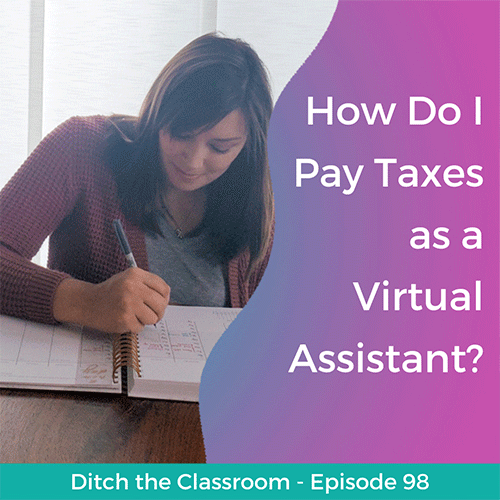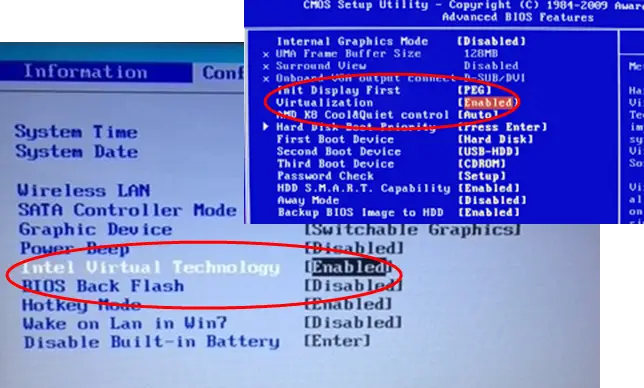In the digital era, virtual assistants have become indispensable helpers for business owners, entrepreneurs, and busy individuals. They can perform a range of tasks, from managing emails to scheduling appointments, and even handling social media accounts. However, as with any job, the question of taxes inevitably arises. Do virtual assistants pay taxes? The answer is yes, but it’s not as simple as it may seem.
Firstly, the tax obligations of virtual assistants depend on their employment status. If they are classified as independent contractors, they are responsible for paying their own taxes, including self-employment tax. This means they must calculate their own taxes based on their income and file their tax returns accordingly. On the other hand, if virtual assistants are considered employees, their employer is responsible for withholding taxes from their wages and submitting them to the relevant tax authorities. Understanding the tax requirements for virtual assistants is important for both employers and employees to avoid any legal issues and ensure compliance with tax laws.
Yes, virtual assistants need to pay taxes. They must report their income and pay income tax, self-employment tax, and other taxes. Virtual assistants must keep track of their earnings and pay taxes quarterly. Depending on the state, they may also need to pay state sales tax. Additionally, certain benefits and expenses may be tax deductible.

Do Virtual Assistants Pay Taxes?
Virtual assistants are people who provide administrative, creative, and/or technical services to clients remotely. This type of work is often done from home, and many virtual assistants are self-employed. As such, they are responsible for filing their own taxes and paying taxes on their income. Here we will explore the tax implications of virtual assistant work.
Income Tax Obligations
Virtual assistants must declare any income earned from their work on their personal tax return. This includes any income from clients, as well as any other sources of income such as investments or rental income. It is important to keep track of all income sources and amounts as well as any expenses related to the work, such as office supplies or equipment.
In addition to paying income tax, virtual assistants may have to pay self-employment tax. Self-employment tax is a combination of Social Security and Medicare taxes that self-employed individuals are required to pay. The amount of self-employment tax due varies depending on factors such as income level and filing status. Any self-employment taxes due must be paid in addition to any income taxes due.
Other Tax Considerations
In addition to income and self-employment taxes, virtual assistants may be required to pay other taxes, such as state and local taxes. Depending on the state in which the virtual assistant resides, they may need to pay state income tax, sales tax, or other taxes. Some states may also require virtual assistants to have a business license or to collect and remit sales tax from clients.
Virtual assistants may also be eligible for certain tax deductions. Common deductions include home office expenses, business travel expenses, cell phone/internet expenses, and software/tools expenses. It is important to keep track of all such expenses as they may be deductible.
Seeking Professional Advice
Taxes can be complicated and it is important for virtual assistants to understand their tax obligations. It is recommended that virtual assistants seek professional advice from a tax professional to ensure they are filing their taxes correctly and paying any taxes due.
Tax professionals can help virtual assistants understand their tax obligations and ensure they are taking any deductions they may be eligible for. Professional advice can also help virtual assistants understand how to set aside money for taxes and ensure they are making timely payments.
Frequently Asked Questions: Do Virtual Assistants Pay Taxes?
Virtual assistants provide a range of services to their clients, including administrative support, web design, and online marketing. As with any business, virtual assistants are required to pay taxes on their income. It is important to understand the tax implications of working as a virtual assistant in order to ensure compliance with local, state, and federal laws.
What Taxes Do Virtual Assistants Pay?
Virtual assistants are typically considered self-employed, and are thus required to pay self-employment taxes. This includes Social Security and Medicare taxes, which must be paid at the same rate as employees. In addition, virtual assistants may be required to pay federal and state income taxes, depending on their income level. Virtual assistants may also need to pay local taxes and/or licensing fees in certain areas.
How Do Virtual Assistants File Their Taxes?
Virtual assistants must file their taxes using the appropriate form for self-employed individuals. This form, known as the Schedule C, must be submitted with the virtual assistant’s annual tax return. It is important to accurately report all income and expenses in order to ensure proper payment of taxes. Virtual assistants may also benefit from working with an accountant or tax advisor to ensure that they are fully compliant with the applicable tax laws.
What Tax Breaks Are Available to Virtual Assistants?
Virtual assistants may be eligible for a variety of tax breaks, depending on their situation. This can include deductions for business expenses, such as office supplies, computer equipment, and other expenses related to running the business. In addition, certain home expenses, such as internet and phone bills, may be deductible if they are used primarily for business purposes. Virtual assistants should consult a tax advisor to determine which deductions they may be eligible for.
Are Virtual Assistants Required to Pay Quarterly Taxes?
In most cases, virtual assistants are required to pay quarterly estimated taxes. This is because the self-employment tax rate is higher than the rate for employees, and the taxes must be paid in advance. Failure to pay estimated taxes may result in penalties and interest, so it is important to keep track of income and expenses throughout the year, and to make estimated tax payments as required.
What Records Should Virtual Assistants Keep?
Virtual assistants should keep accurate records of their income and expenses throughout the year. This includes receipts, invoices, bank statements, and other documents related to the business. Keeping accurate records will make it easier to complete the Schedule C and file taxes accurately. It is also important to keep track of estimated tax payments in order to ensure that the correct amount of taxes is paid on time.

Virtual Assistant Tax Tips (TAX TIPS 2023)
In conclusion, the question of whether virtual assistants pay taxes is a valid one. As more and more people turn to remote work and the gig economy, it’s important for both employers and employees to understand their tax obligations. While virtual assistants may not have a traditional employer withholding taxes from their paychecks, they are still responsible for reporting and paying their own taxes. This means keeping thorough records and potentially working with a tax professional to ensure compliance with tax laws.
Ultimately, the world of virtual assistants and remote work is constantly evolving, and the tax landscape is no exception. As technology advances and business practices change, it’s important to stay informed about tax regulations and requirements. By doing so, virtual assistants can continue to thrive in their roles while also meeting their tax obligations and contributing to society through their financial contributions.



